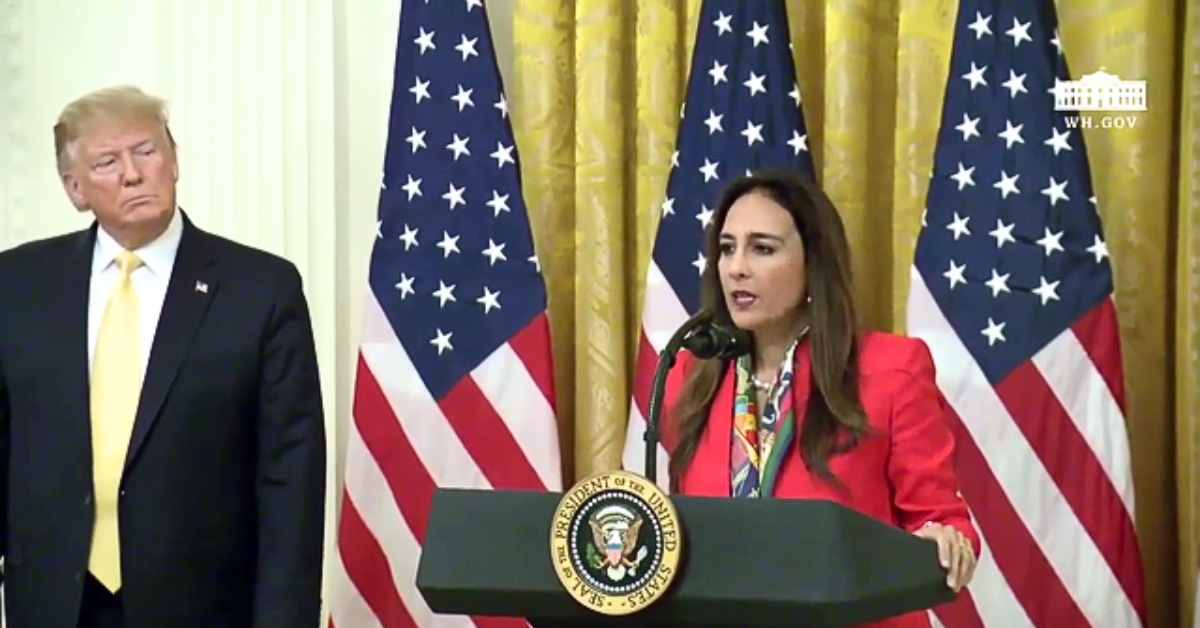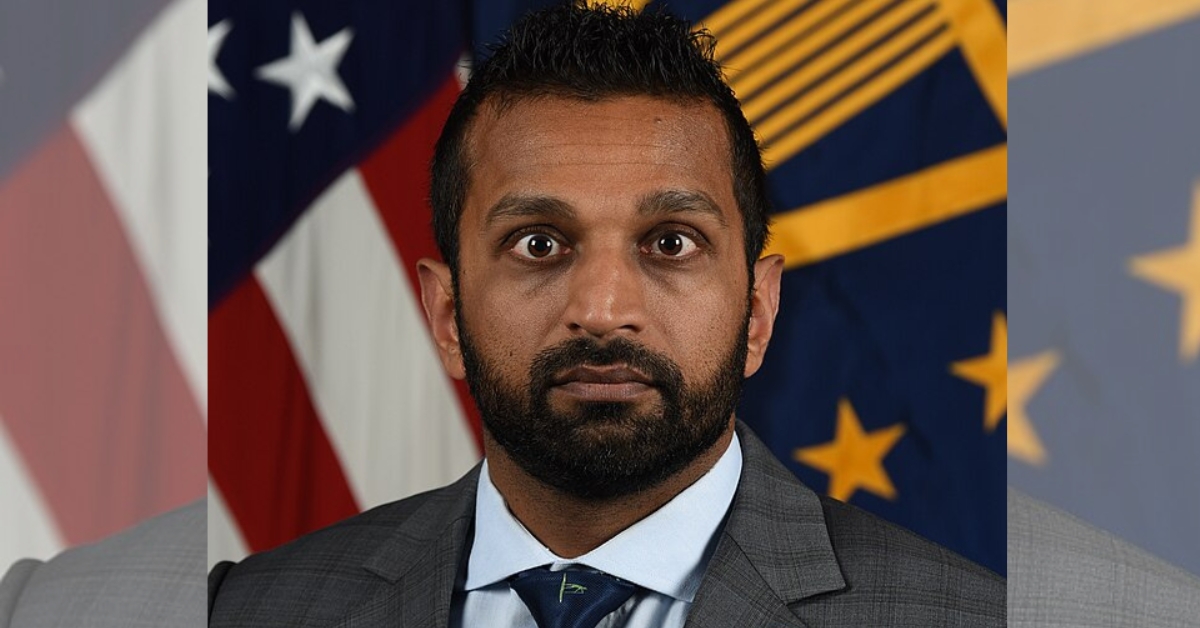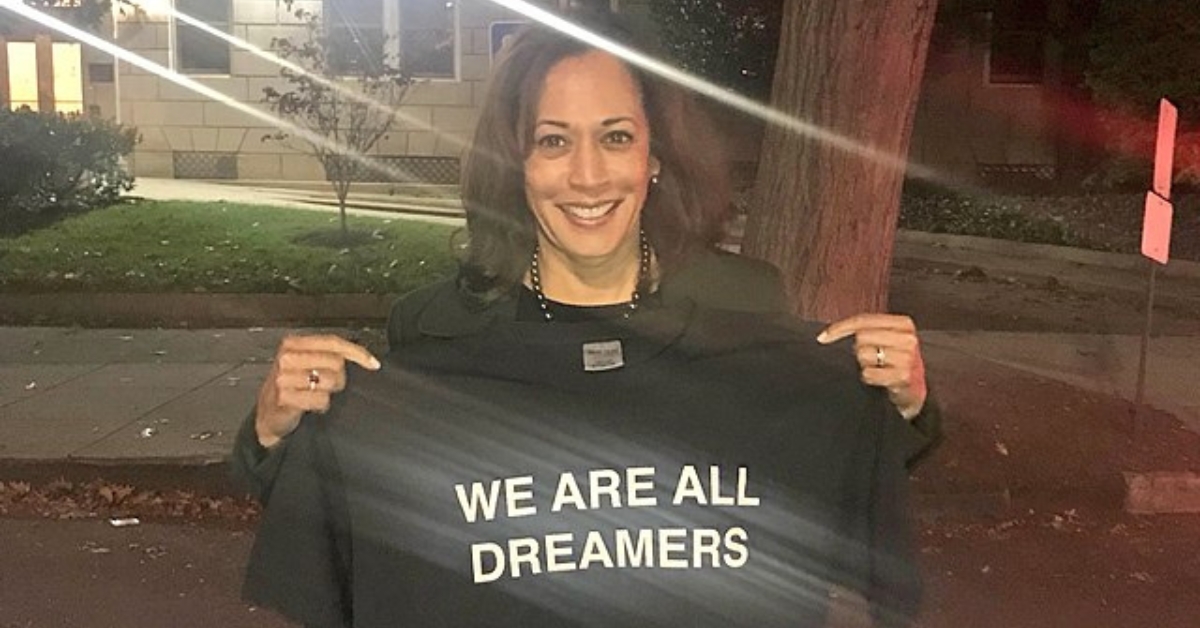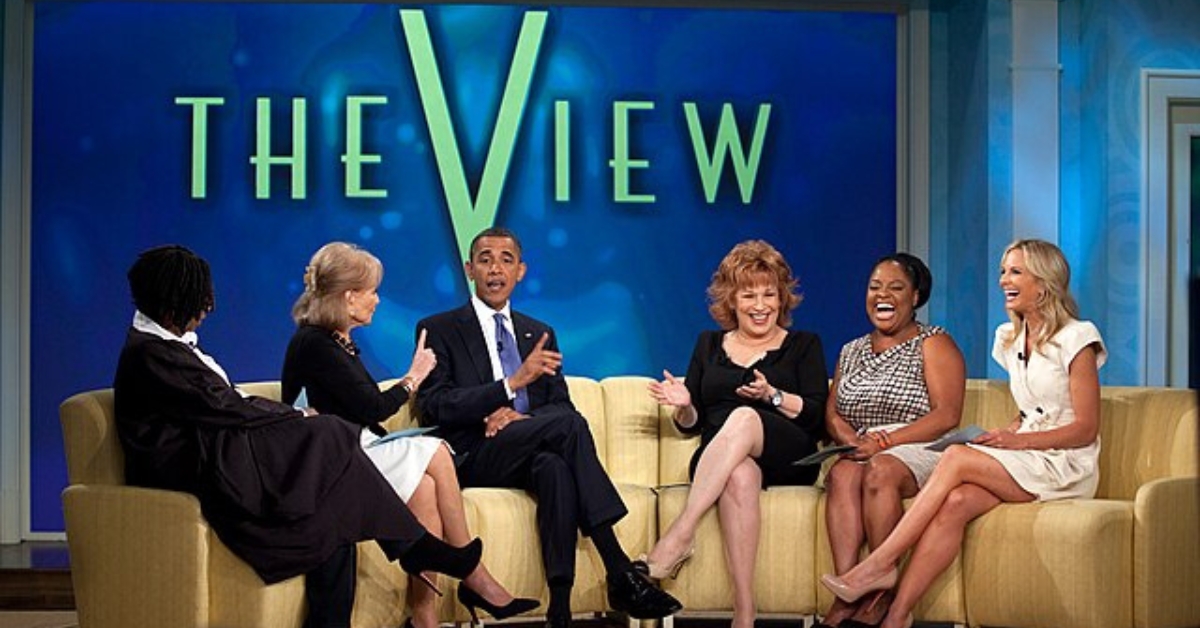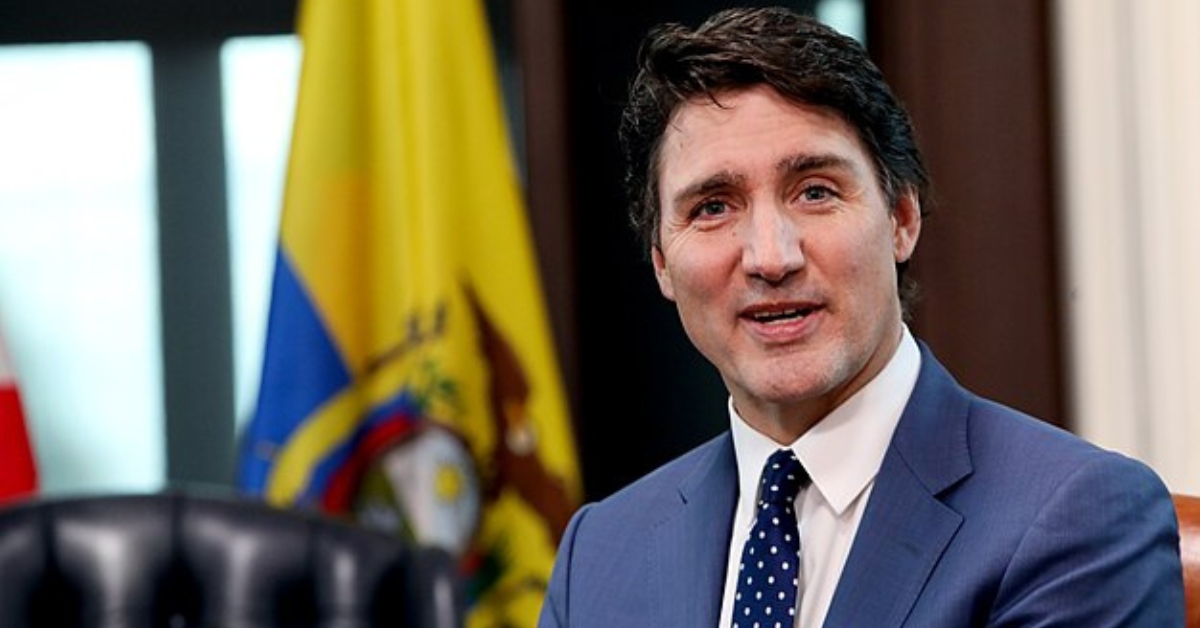
Libertarian Party Nominates Far-Left ‘Armed and Gay’ Candidate
In a marathon session that could have been ripped straight from the pages of a political satire, the Libertarian Party somehow managed to nominate Chase Oliver, a figure whose stance could easily be mistaken for a leftist’s rather than a traditional libertarian’s. This fiasco unfolded over seven painstaking rounds of voting, narrowly avoiding a complete farce with “none of the above” almost taking the win. It’s a spectacle that encapsulates the party’s descent into irrelevance and ideological confusion.
Chase Oliver, at 38, has already raised eyebrows with his “armed and gay” persona, marking a sharp departure from the Libertarian norm. He’s a staunch advocate for trans rights, supports “puberty pausing,” and champions trans women competing in women’s sports—views that won’t exactly resonate with a considerable segment of right-wing voters seeking a conservative alternative to Trump.
His progressive take doesn’t stop there; Oliver is vocally pro-choice and a believer in the ever-politicized climate change narrative. These are not the bedrock principles that traditional libertarians rally behind, nor are they likely to charm conservatives looking for fiscal and governmental restraint. However, it’s not all about progressive pandering. Oliver does echo some libertarian rhetoric, particularly his opposition to new gun laws and his commitment to repealing existing ones. This might attract those who prioritize the Second Amendment above all else, but Oliver’s broader policy palette suggests a mishmash of progressive and libertarian ideas that could confuse or even repel potential supporters.
His immigration policy is particularly telling, advocating for a radical simplification of the system and an easier path to citizenship—positions that echo open-border philosophies more than libertarian prudence. His response to Ron DeSantis, using the Statue of Liberty’s inscription to justify his stance, further aligns him with leftist immigration policies rather than conservative or even moderate approaches.
The Libertarian Party’s choice of Oliver is symptomatic of a deeper identity crisis within its ranks. They seem to be flailing, attempting to stay relevant in a political climate that increasingly values clear-cut stances over nuanced, philosophical meanderings. By nominating Oliver, the Libertarian Party isn’t just alienating its base—it’s fundamentally misunderstanding the political landscape.
This nomination reflects not just a shift but a full-on identity scramble within the Libertarian Party. It’s a disconcerting mix of progressive ideals with a sprinkling of libertarian principles, a recipe that is more likely to sideline them in critical national debates than to endear them to voters seeking a viable alternative to mainstream choices. If the Libertarian Party hopes to remain relevant, it needs to reassess not just its nominations but its core principles. Oliver’s nomination may well signal the party’s drift into ideological no-man’s land, far from the libertarian moorings that once defined it.
